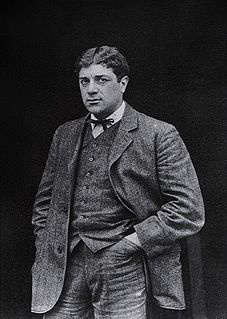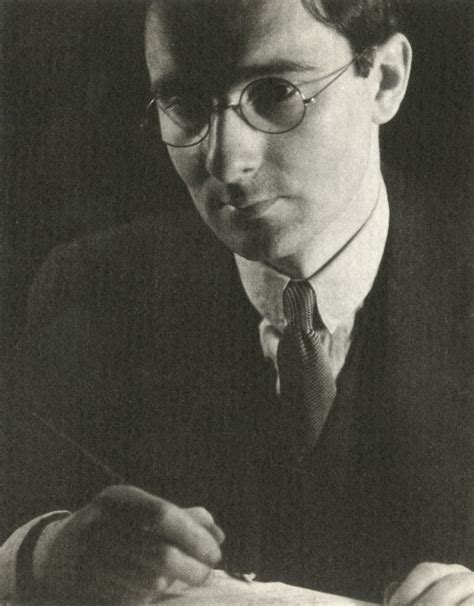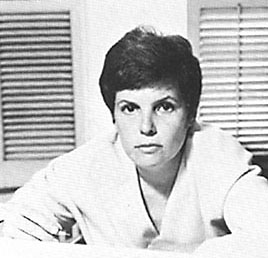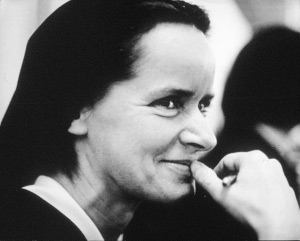A Quote by Anna Quindlen
Raising a child is a little like Picasso's work; in the beginning he did very conventional representational things. Cubism came after he had the rules down pat.
Related Quotes
As the skipping rope hit the pavement, so did the ball. As the rope curved over the head of the jumping child, the child with the ball caught the ball. Down came the ropes. Down came the balls. Over and over again. Up. Down. All in rhythm. All identical. Like the houses. Like the paths. Like the flowers
Picasso and Matisse were the guys I wanted to get away from, and cubism is all still lifes. Their paintings are all closed drawings. And still life is a perfect form for that. By the mid-'50s, I sort of dropped the still life. The large picture was a way of getting around them, too. The abstract expressionists were also into the large form because it was a way of getting around Matisse and Picasso. Picasso can't paint big paintings. Matisse didn't bother after a certain point.
We hated Bauhaus. It was a bad time in architecture. They just didn’t have any talent. All they had were rules. Even for knives and forks they created rules. Picasso would never have accepted rules. The house is like a machine? No! The mechanical is ugly. The rule is the worst thing. You just want to break it.
She didn't care anymore... and she got no pleasure from the work she did, but she did it. Everything bored her. She found that when she didn't have a notebook it was hard for her to think. The thoughts came slowly, as though they had to squeeze through a tiny door to get to her, whereas when she wrote, they flowed out faster than she could put them down. She sat very stupidly with a blank mind until finall 'I feel different' came slowly to her mind. Yes, she thought, after a long pause. And then, after more time, 'Mean, I feel mean.
When you raise a child, you don't sit down and take all the rules of life, write them into a big catalog, and start reading the child all these individual rules from A to Z. When we raise a child, a lot of what we do is let the child experiment and guide the experimentation. The child basically has to process his own data and learn from experience.
People who have accomplished work worthwhile have had a very high sense of the way to do things. They have not been content with mediocrity. They have not confined themselves to the beaten tracks; they have never been satisfied to do things just as others so them, but always a little better. They always pushed things that came to their hands a little higher up, this little farther on, that counts in the quality of life's work. It is constant effort to be first-class in everything one attempts that conquers the heights of excellence.

































